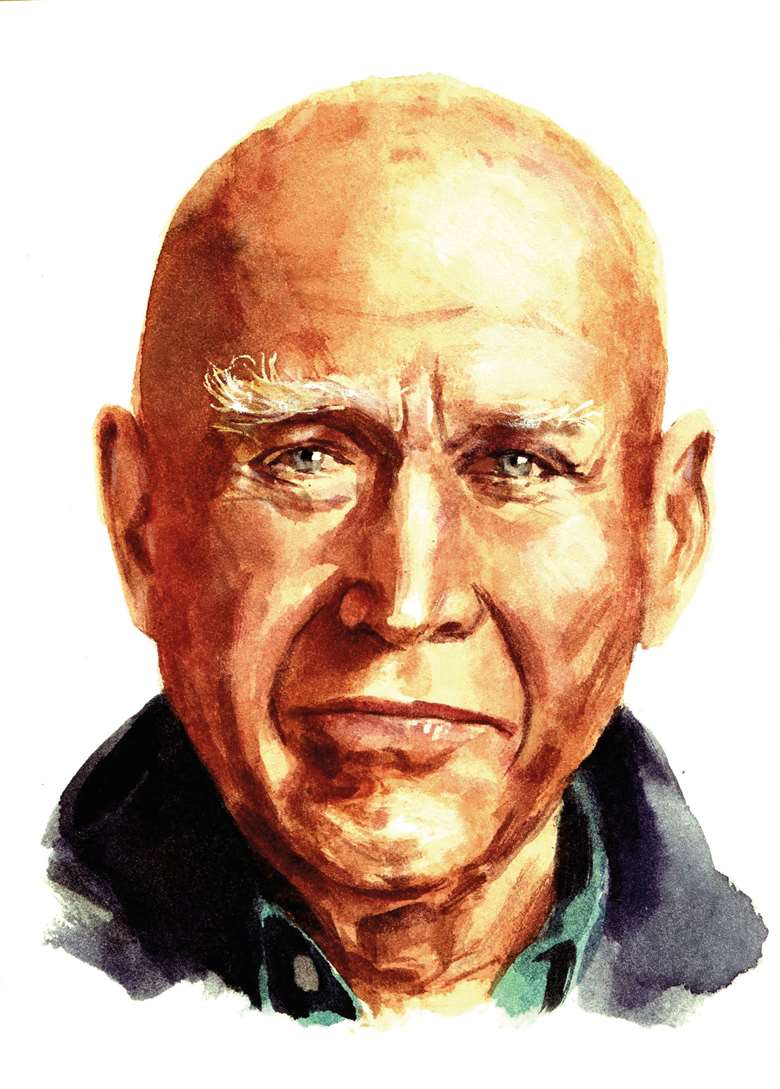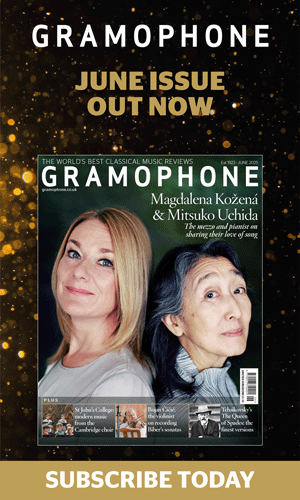Sebastião Salgado: 'My concept of the world was made by music'
Wednesday, May 28, 2025
The Brazilian photographer on how his concept of the world was made by music

As a tribute to Sebastião Salgado, who has died at the age of 81, the following is an interview that Gramophone undertook with him in 2023
I was born in an amazingly beautiful place – half of my parent’s farm was for cattle, half was rainforest. In October my father always took me to the highest point of the farm to see the arrival of the rain season. Amazing clouds, amazing light, the most beautiful things I ever saw in my life. Our farm was about eight hours by horse to a small town. We had no road, and we had to drive the cattle to the slaughterhouse, which was about four to five days, by horse. We were isolated – and the only thing that brought to us the idea of the outside was music.
My father had the only radio in the region – on Sunday morning, farmers from far away would leave at four to arrive at our home at about nine to hear the music. And this music brought to me, as a child, the idea of the north-east of Brazil, the adventures of the fishermen that went to the ocean in these small boats called jangadas, the bandits fighting against the farmers protecting the poor people – all this came to us in music. I had an idea of the River Paraná on the border in the south with Paraguay and Argentina – the music that came from this land was completely different from the one that came from the north-east. My concept of the world was made by music.
She played for me a series of Chopin Nocturnes – four, five or six – the most beautiful music I’d ever heard in all my life
All this was popular music. Then it was necessary to go to a bigger place to do the second part of secondary school, and eventually to go to university. I went to a town about 200km away, where I discovered samba – dancing music. And one day, when I was 19 years old, I discovered a lady – and this lady is now my wife! And through her, I discovered classical music. We started to go out together, and one day she invited me to her home to meet her parents, her brother, her sister – and there she had a piano, and she played for me a series of Chopin Nocturnes – four, five or six – the most beautiful music I’d ever heard in all my life. I discovered another planet with Chopin. At that time I started secondary school – I was a little bit late – and was in a priest’s school. I had a nice voice and they invited me to be a singer in the choir, and so I discovered holy music.
There is a Brazilian composer that links everything that I have told you about: Heitor Villa-Lobos. He would disappear for months, sometimes for years, living in communities of isolated people, and took sounds from the soil, from the land, and translated all this in a classical way. Villa-Lobos is for us so important.
He wrote music for a Metro-Goldwyn-Mayer film in the 1950s called Green Mansions, and composed an amazing sequence called Forest of the Amazon. I worked for many years photographing Amazonia and I prepared a book. We’d been having a show at the Philharmonie in Paris and I told the Director I had this wish to produce a projection of my pictures with Villa-Lobos’s music, and he said: I present to you a Brazilian conductor called Simone Menezes! Simone and I spoke about the Floresta do Amazonas, but I knew it was long, and it was impossible to make a 75-80 minute projection of photographs. So Simone worked on adapting it for projection, to about 45 minutes in length, divided into nine parts, and we’ve now created something that I believe is very strong. Our next concert is in Madrid in October. We’ve also made an album of the presentation, with the Philharmonia Zürich and soprano Camila Provenzale.
You remember that when we used to photograph, it was with film? To photograph you must have a huge concentration on what is happening in front of you. But this was a problem because every 36 pictures it was necessary to stop to change the film, and when I came back my concentration was broken. And I discovered an amazing thing – I photographed while singing. And so I’m singing and photographing, and when I’ve finished my film I continue to sing, I put in my film, continue to sing, put my used film inside my bag, continue to sing, get the new film out and put it inside the camera, still singing, close my cover, come back to photographing – and I’d never break my concentration because of the music. Today I photograph with a digital camera and so I don’t need to sing any more, but I still do!
My favourite recording

Villa-Lobos A Floresta Do Amazonas
João Carlos Assis Brasil pf Ney Matogrosso sngr Wagner Tiso (Kuarup Music)
This is one of the most beautiful interpretations of the complete work: it is profoundly, deeply Brazilian.














